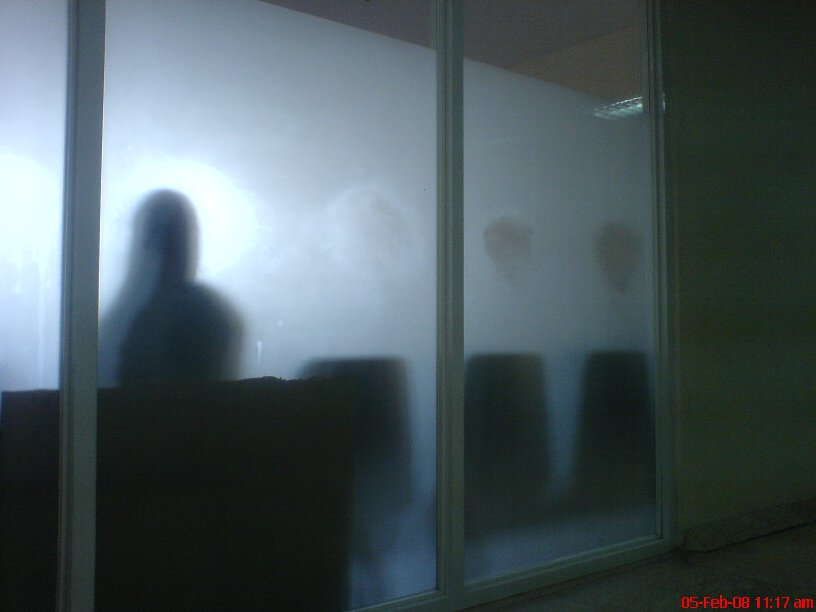Beyond Reassurance: Facilitating Resilience in Medicine
In April of 2020, I began to use the word “adjusting” on a daily basis. I was administering rapid COVID-19 tests at the Detroit Health Department and while their tests were processing, I had fifteen minutes to talk with patients about how they were adjusting to social distancing and adjusting to the media storm that occupied our screens all day.







